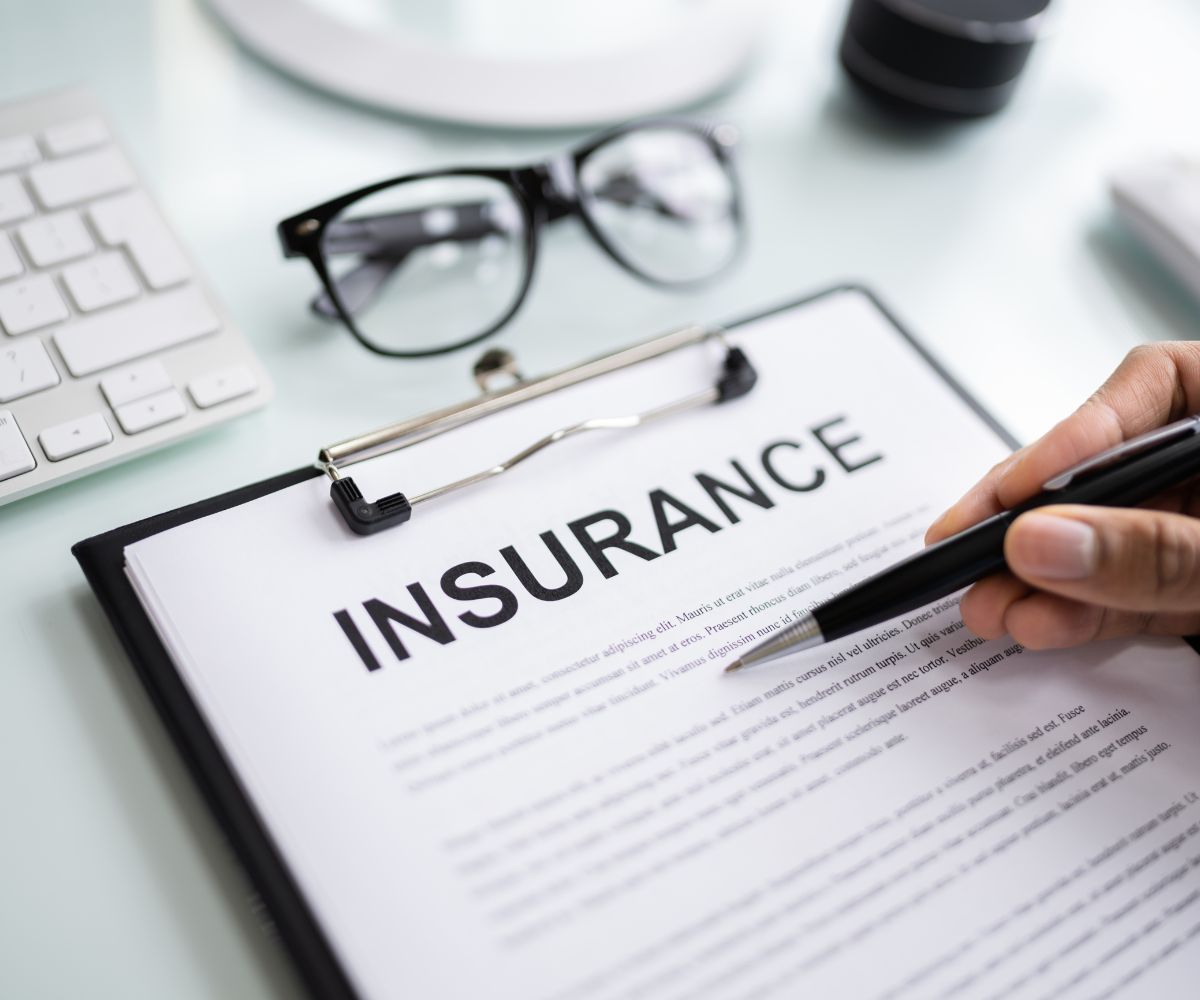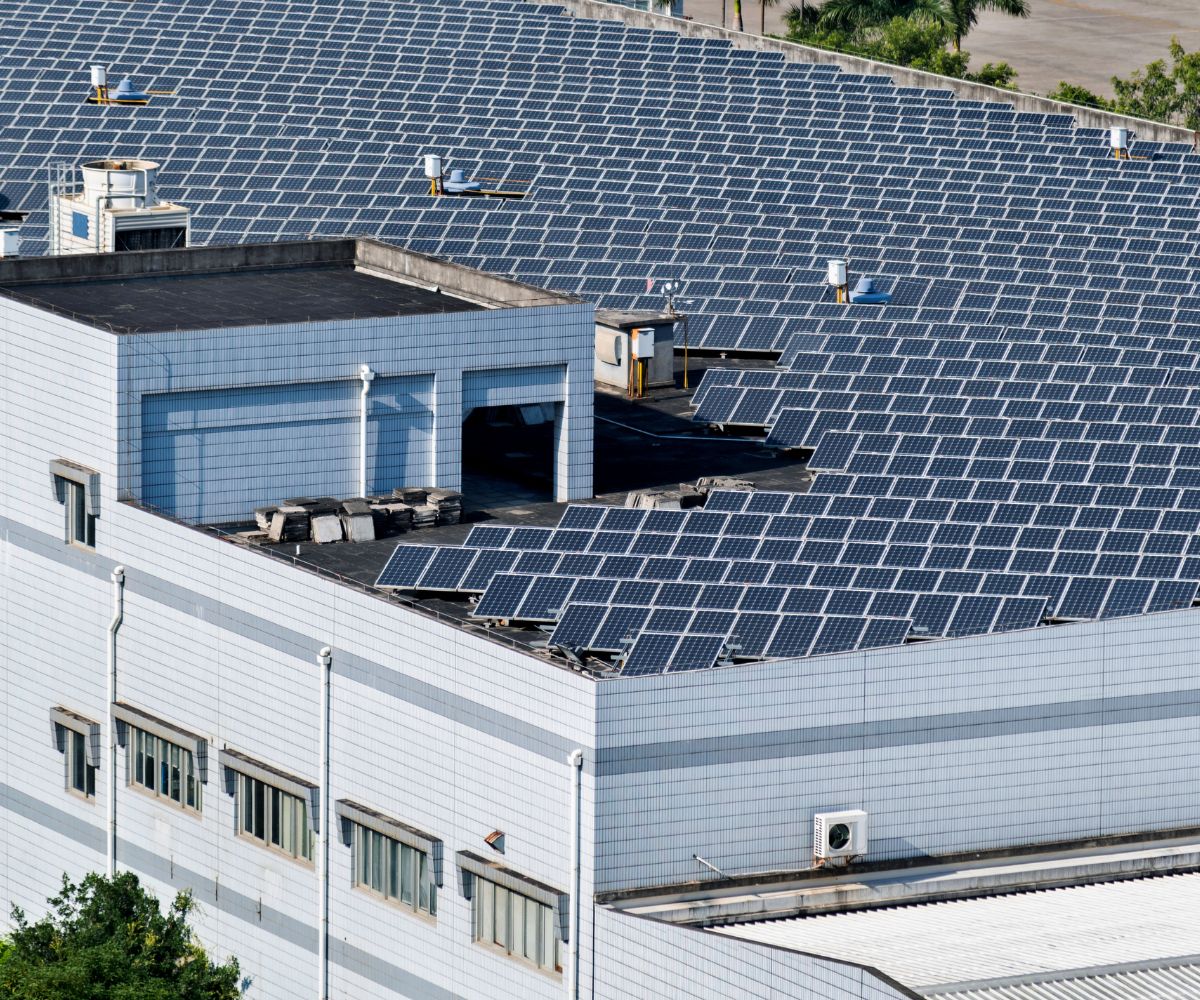With the growing popularity of solar energy, more and more businesses are making the switch to solar panels. This eco-friendly and cost-effective energy source offers numerous benefits, including reduced energy bills and a smaller carbon footprint. However, like any investment, solar panels are not without their risks. One of the most important considerations for any business owner with commercial solar PV panels is their insurance coverage.
In this guide, we will explore the crucial question: does commercial insurance cover damage to solar panels? We’ll delve into the complexities of insurance policies, potential coverage options, and how to ensure your valuable solar investment is protected.
Do Most Commercial Insurance Policies Cover Solar Panels?
The answer to this question is not a simple yes or no. While some commercial property insurance policies do include coverage for solar panels, many do not. This is because solar panels are considered “other structures” by some insurers, requiring additional coverage or a separate policy altogether.
Factors Influencing Coverage for Solar Panel Damage
Commercial insurance coverage for solar panels is an intricate subject, influenced by a complex interplay of factors. Here’s a deeper dive into each of the key elements impacting your coverage:
- Your Insurance Company
Different insurance companies have diverse risk appetites and underwriting philosophies, leading to varying approaches towards solar panel coverage. Some insurers might include basic coverage within their standard commercial property policies, while others may require separate endorsements or even dedicated solar panel insurance for comprehensive protection.
- Type of Coverage
The type of coverage offered by your insurer further influences the level of protection available. Some insurers might offer limited coverage for specific scenarios like fire and lightning, while others may provide comprehensive coverage for a wider range of risks, including hail, wind, snow, theft, vandalism, and even power production loss.
- The Size and Value of Your Solar Energy System
According to nfcenergy.ie, the size and value of your solar energy system significantly impact your insurance coverage. Larger and more expensive systems naturally present a higher potential payout in case of damage. Consequently, insurance companies might require specific coverage options or higher policy limits to adequately protect the investment.
- The Cause of the Damage
The cause of damage to your solar panels plays a significant role in determining whether your insurance policy will provide coverage. Common causes of damage include:
– Weather Events: Hail, wind storms, snow, and lightning are prominent weather events that can cause significant damage to solar panels. However, depending on your policy, coverage for these events might be limited or excluded altogether.
– Fire: While most fire insurance policies typically cover damage to the solar panels themselves, additional losses, such as power production loss or damage to surrounding property, might require specific extensions.
– Theft and Vandalism: These malicious acts can pose a threat to your solar panels, and their coverage depends on the specific terms and conditions of your policy. Some insurers might offer limited coverage for these events, while others may require separate endorsements.
- Your Policy Limits
The maximum amount your insurance policy will pay for solar panel damage is determined by your chosen limits. These limits are typically expressed as a percentage of the total insured value of your property.
Choosing appropriate limits for your solar panel coverage is essential. While higher limits provide greater financial protection, they will also result in higher premiums. Consulting with your insurance agent can help you determine the optimal level of coverage based on your individual risk profile and financial considerations.
Understanding Your Coverage Options
To ensure your commercial solar panels are adequately protected, it’s crucial to understand the different coverage options available:
– Commercial property insurance: This policy may or may not cover your solar panels. If it does, it will likely cover damage caused by covered scenarios, such as fire, wind storms, and hail.
– Equipment breakdown insurance: This covers damage to your solar panels due to mechanical or electrical breakdown.
– Solar panel insurance: This is a separate policy specifically designed to cover damage to solar panels. It typically offers broader coverage than other options, including theft, vandalism, and even power production loss.
Recommendations for Protecting Your Solar Panels
Here are some recommendations to ensure your solar panels are adequately protected:
– Review your existing commercial property insurance policy: Check your policy for any exclusions or limitations regarding solar panel coverage.
– Contact your insurance agent or broker: Discuss your specific situation and inquire about coverage options for your solar panels. They can assess your needs and recommend the best policy for you.
– Consider additional coverage: If your existing policy does not offer adequate coverage, consider purchasing a separate policy or rider specifically designed for solar panels.
– Document your solar panels: Keep detailed records of your solar panel system, including installation dates, maintenance records, and receipts. This will be helpful in case of a claim.
– Take preventive measures: Regularly inspect your solar panels for signs of damage and take proactive steps to protect them from potential risks.
Conclusion
While commercial insurance coverage for solar panels is not always guaranteed, there are steps you can take to ensure your investment is protected. By understanding your policy, researching additional coverage options, and taking preventative measures, you can ensure your solar panels generate clean energy for years to come.

